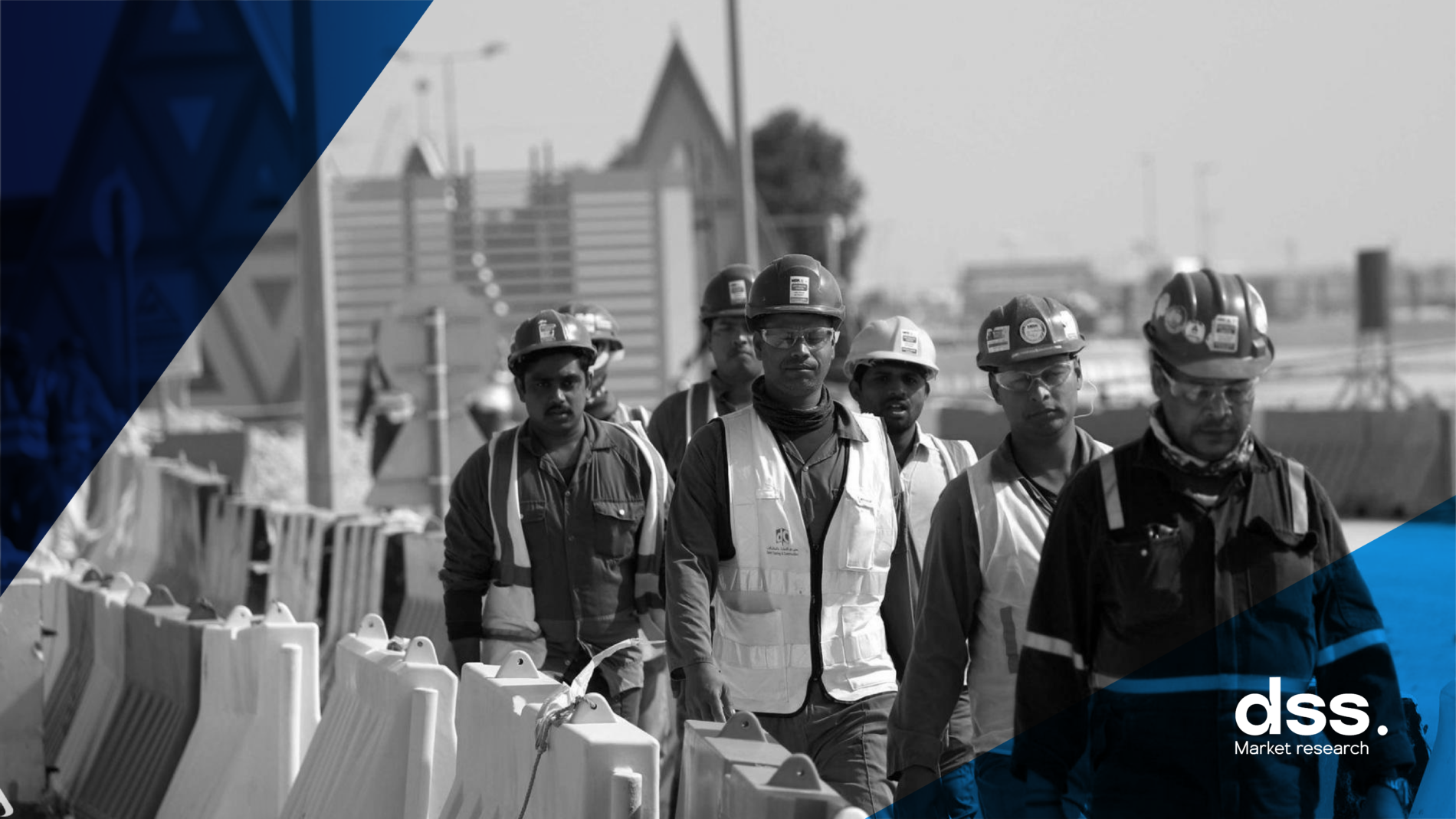The economic developments Iraq has witnessed in recent years, foreign labour has emerged as one of the key elements driving development, especially in sectors such as construction, energy, and industry. Despite its numerous economic benefits, foreign labour raises many discussions about its impact on the local market, balancing the benefits it offers against the challenges it presents.
Benefits
Transfer of Skills and Expertise: Foreign labour, particularly from advanced economies, serves as a valuable source of transferring technology and cutting-edge knowledge to the Iraqi market. By employing experts and specialists in technical and engineering fields, local companies can benefit from international expertise, helping to improve production quality and increase work efficiency.
Bridging The Skills Gap: In some vital industries such as oil and gas, local skills may be insufficient to meet job demands. Here, foreign labour plays a crucial role in filling this skills gap, ensuring the continuity of work in these essential sectors. For example, oil companies in Iraq heavily rely on foreign engineers and technicians due to the specialised experience required in this field.
Contributing to Economic Growth: Foreign labour also helps accelerate the pace of development in infrastructure and service projects. By providing qualified labour, Iraq can complete major development projects more quickly and efficiently, thus stimulating the local economy.
Challenges
Impact on Local Employment Opportunities: One of the main concerns is the effect of foreign labour on employment opportunities for local residents. Some sectors rely heavily on foreign labour, reducing job opportunities for Iraqis, particularly in roles that do not require high skills. This raises questions about the government’s policy in regulating the labour market and ensuring that local workers are prioritised.
Cultural and Social Differences: The presence of a significant number of foreign workers in Iraq also poses a challenge related to cultural and social differences. Foreign workers often have habits and traditions that differ from Iraqi society, which can lead to cultural clashes. These challenges should be addressed through awareness programmes aimed at foreign workers to educate them about Iraqi culture and help them integrate more smoothly.
Currency Outflows: Foreign workers often remit a large portion of their income to their home countries, leading to an outflow of hard currency from the Iraqi economy. This can have a negative impact in the long term if measures are not taken to limit excessive capital outflows.
Regulation and Management of Foreign Labour
The presence of foreign workers requires an effective system to manage their entry and stay in Iraq, as well as to regulate their work according to local laws. A lack of proper regulation in this area can lead to challenges such as an increase in illegal labour or the exploitation of foreign workers under poor working conditions.
Proposed Solutions
- To address these challenges, Iraq can take several steps to ensure a balance between benefiting from foreign labour and protecting the rights of local workers. Firstly, vocational training for Iraqis can be strengthened to equip them with the skills needed in key sectors, reducing dependence on foreign labour. The government should also implement clear policies to regulate foreign labour, including setting specific quotas for the employment of both foreigners and locals in each sector.
- Furthermore, foreign workers could be directed towards specific projects that require complex technical expertise, while ensuring that administrative and simpler technical roles are available for Iraqis. Additionally, it is essential for the government to establish policies that encourage local investment and reduce excessive reliance on foreign labour by incentivising Iraqi companies to employ local workers whenever possible.
In conclusion, Foreign labour plays a vital role in Iraq’s economic development, helping to fill technical gaps and boost productivity. However, it also poses challenges related to local employment opportunities and socio-economic impacts. Through well-planned policies and regulatory measures, Iraq can strike the necessary balance between harnessing foreign expertise and safeguarding the interests of its local workforce, ensuring sustainable development that benefits all parties.


Leave A Comment